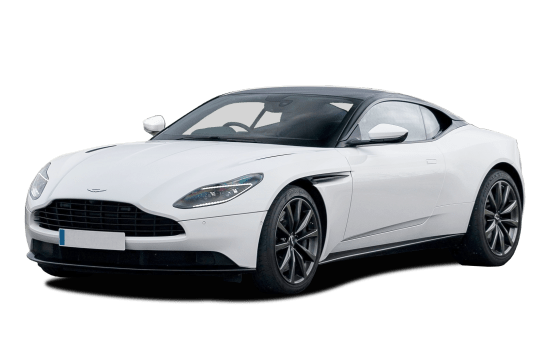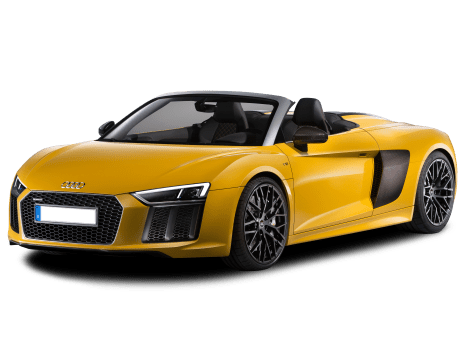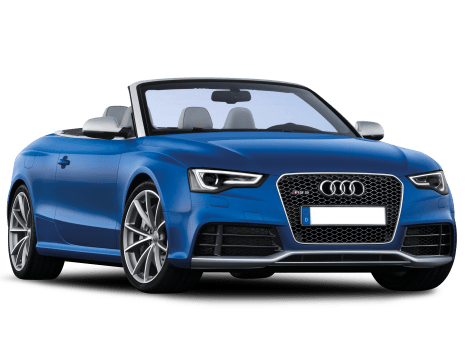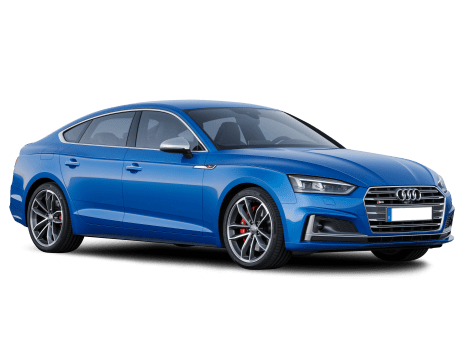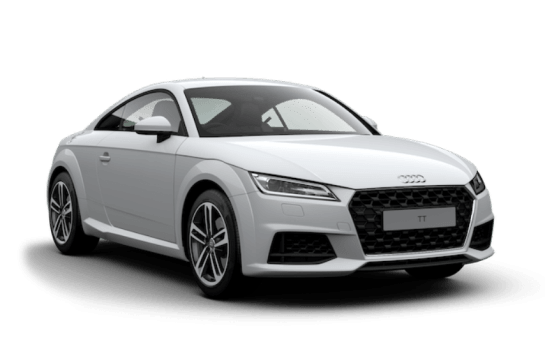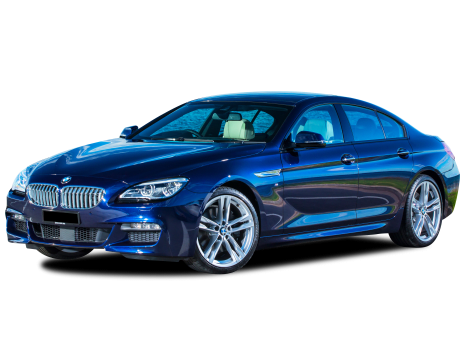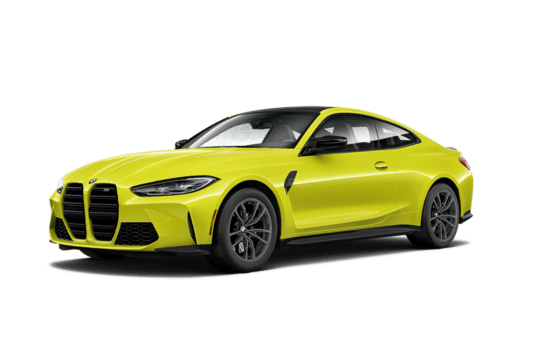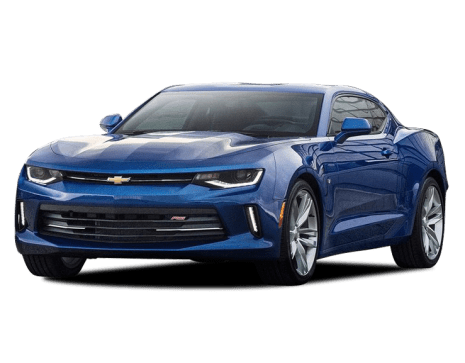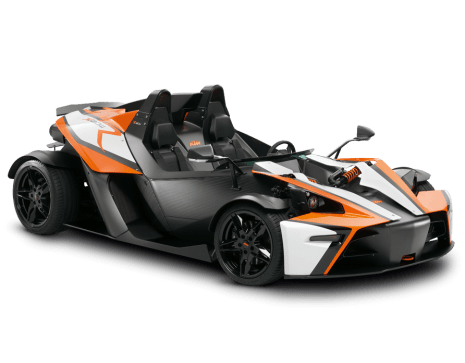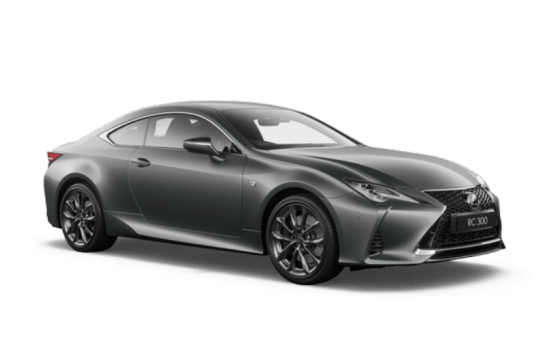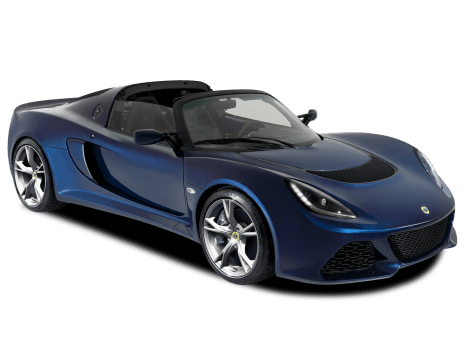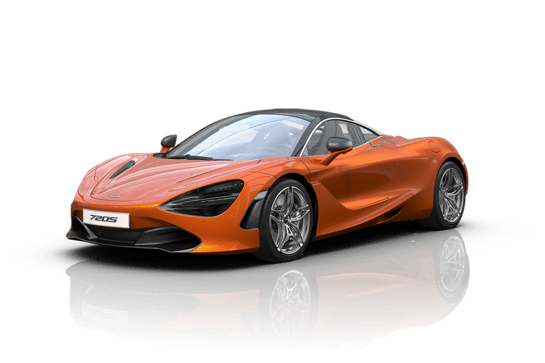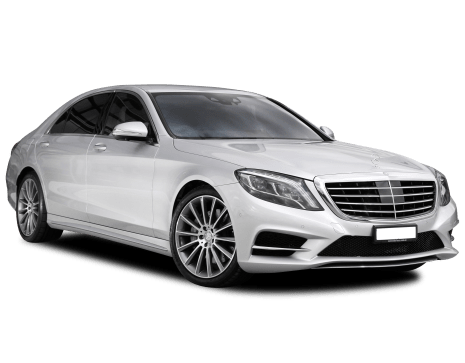
Porsche 718 VS Mercedes-Benz AMG GT
Porsche 718
Likes
- Superb handing
- Style Edition leather upholstery
- Special colours
Dislikes
- AEB not standard
- Dated interior
- Not as easy to live with as some rivals
Mercedes-Benz AMG GT
Likes
- Superb dynamics
- Sexy looks
- Fast
Dislikes
- Small boot
- Short warranty
- Getting out on your hands and knees
Summary
Porsche 718
Porsche has taken its entry-grade 718 Cayman and created a special Style Edition which adds more features and some nice aesthetic touches to what is one of the best and relatively affordable, prestige sports cars on the planet.
What makes this car even more special is knowing Porsche will adopt an electric powertrain for the next Cayman. Yup, this is one of the final Caymans to have a combustion engine. Talk about a limited edition.
So what’s not to love? Well, you’ll have to read on to find out because although the 718 Cayman Style Edition is wonderful in so many ways, there are some sides to it you need to know about before diving into the ownership experience.
Read more about
- "Who would have thought Porsche would go electric?" Porsche boss hails Taycan's "overwhelming success"
- Will the 2025 Porsche 718 electric car hit or miss? Aussie CEO's bold call on sales of upcoming MG Cyberster rival
- Porsche doesn't need support from Volkswagen or other sports car brands on eFuels - but Lamborghini, Bentley and more could all benefit from it in the end
Ready? Let’s go.
| Safety rating | — |
|---|---|
| Engine Type | 2.0L turbo |
| Fuel Type | — |
| Fuel Efficiency | 7L/100km |
| Seating | 2 seats |
Mercedes-Benz AMG GT
"A racing car with street legal approval". Those are the words Mercedes-AMG uses to describe its GT R Coupe.
And even though I'm a forty-something, professional motoring journalist who's well aware of marketing speak when he reads it, the 15-year old in me was jumping around whooping and shouting: "Key! Gimme key to race car" at the launch of the updated Mercedes-AMG GT coupe which also included time in the more sedate GT C.
Well, that's like calling a Tiger Shark more sedate than a Great White, because the GT C still packs more than 400kW (550hp).
As will be the case with most buyers, my time in the Mercedes-AMG GT was spent entirely on the road, the closest we came to a racetrack was driving through Kilmore, and that one was for horses.
This was perfectly fine because you'll want to know just what these beasts are like to pilot on regular roads... roads where surfaces are far from perfect and the posted limits are hundreds of kilometres below the top speeds of these cars.
| Safety rating | |
|---|---|
| Engine Type | 4.0L turbo |
| Fuel Type | Premium Unleaded Petrol |
| Fuel Efficiency | 11.4L/100km |
| Seating | 2 seats |
Verdict
Porsche 7187.3/10
The 718 Cayman Style Edition only costs a bit more than the entry-grade Cayman it's based on, but opens up more special colours and contrasting features from the wheels to decals, even leather upholstery. The value is good, the look is enhanced and the car remains superb to drive on the right roads.
Living with a Cayman daily is ‘do-able’ but you’ll have to be understanding given it's not the most user-friendly car to drive, and then there’s the low-level safety tech.
But in return, you’ll own one of the best and relatively affordable prestige sports cars ever made and one of the last of the combustion-powered Porsche Caymans.
Mercedes-Benz AMG GT8.1/10
The AMG GT is better than a race car for the road because it offers all the comfort and luxury that is completely absent in a track car, yet retains superb dynamic ability – particularly the GT R.
As for the sweet spot, that's easy. The C Coupe offers the best of the S and R from a comfort and handling perspective, while being super quick for less money that the top grade R.
If you could have any of them, which Mercedes-AMG GT in the line-up would you pick? Tell us what you think in the comments below.
Design
Porsche 7188/10
The 718 Cayman is often labelled as the 'junior 911' but that downplays its status as an outstanding sports car in its own right.
It’s not a smaller version of the 911, at all, but it is smaller than a 911. Not by much, though. The Cayman is 140mm shorter in length than the 911 at 4379mm end-to-end. Interestingly, the Cayman has a longer wheelbase at 2475mm and is taller at 1295mm.
The 718 Cayman is beginning to date in its design with this generation of the sports car arriving eight years ago. From the outside it’s holding up well in terms of styling , but inside it feels very 2016 with the small media screen and analogue dials.
It gives me a weird nostalgic feeling I normally only get driving older cars, but in a current model. Which could be why Porsche is jazzing the Cayman up with this Style Edition.
The Style Edition enhances the look of the entry-grade Cayman with 20-inch 718 'Spyder' wheels in a high gloss black or white finish, and there’s a choice of six special colours ranging from the Crayon hue our car wore to 'Ruby Star Neo', 'Shark Blue', 'Carmine Red' and 'Arctic Grey'.
The Style Edition also adds black sport tailpipes, full-colour Porsche crests on the wheel hub covers, a black leather interior with contrasting Crayon stitching, Porsche crest embossed headrests, illuminated door sills and floor mats with Crayon contrast stitching.
Buyers can also choose a 'Contrast Package' in black or white which adds Porsche lettering to the side of the car and a strip to the bonnet.
Mercedes-Benz AMG GT10/10
There is nothing not interesting about the design of the AMG GT with its long bonnet and low, wide stance. The look is not as dramatic as the SLS AMG, which went into retirement five years ago, nor does it have that supercar's 'gullwing' doors. But there's a clear family resemblance to it and also the iconic 300SL beauty from 1954.
If anything, the AMG GT is a meaner and sharper looking beastie, but still dripping in exotic styling with the hungry looking 'Panamericana' grille flanked by hornet eye headlights and enormous wheel guards that push up into the bonnet to form pontoons over which the driver peers.
It's hard to tell from the images if the AMG GT is big or small, but the dimensions don't lie. The AMG GT is 4551mm end-to-end, 2007mm wide for the GT R and GT C but 1939mm for the GT S (and between 1260mm and 1288mm tall depending on the grade, making it fairly long, wide and short in stature.
There are three grades to choose from - the GTS, GT C and GT R – which all come as coupes, while only the GTC is available as a soft-top roadster, as well.
I can't think of a convertible which doesn't look better with the roof down than with it up and the GT C is no exception to this rule. The open top suits this cruiser's look perfectly.
Telling the three grades apart is easy if you know what to look for: the GT S is a 'narrow body', the GT C has wider rear guards and the GT R has wide rear and front guards.
From behind there's a smoother rear treatment to the S with no wide black vent between the tail-lights, while the GT C has vents behind the rear wheels and the GT R has the most aggro look with the giant diffuser and a central tailpipe.
Exterior styling has stayed the same save for the new LED headlights, wheels and paint colours, but it's the cabin where most of the design changes have taken place.
There's the new steering wheel with drive mode dials and a redesigned centre console with buttons configured in a V-shape which according to Mercedes-AMG is a nod to the V8 engine.
I'm not convinced by the restyling of the console, which didn't suit me ergonomically. It seems to centre around the two cupholders, places the shifter awkwardly rearwards of the media controller and puts the traction control button directly under the driver's elbow. The black piano plastic in the GT R also became smudged with fingerprints quickly.
Practicality
Porsche 7187/10
The 718 Cayman doesn’t have back seats - it's a two-seater sports car. Cabin storage is almost non-existent but is saved by a glove box and pull-out door pockets which are bigger than they look.
Surprisingly, there are three cupholders - two which pop out of the dashboard above the glove box and another in the small centre console bin.
Cargo space isn’t bad for a two-seater sports car with 184-litre rear boot and a front boot with a 150-litre capacity. That’s roughly one nine-year old child as you can see from the photos. My son wanted to sit in there, which I agreed to, but I said no when he asked me to shut the bonnet.
Mercedes-Benz AMG GT6/10
All AMG GT Coupes and Roadsters have two doors and two seats. If you need seating for more there's the AMG GT 4-door which can fit five adults (well, four comfortably) and competes with the Porsche Panamera.
So, if it's just you and a significant other you'll be happy to know the AMG GT cockpit is spacious and even at 191cm tall and with the same wingspan I had more than enough head, shoulder, elbow and legroom.
Cabin storage is limited to a pair of cupholders, a small centre console bin and door pockets just wide enough for a small bottle of water.
Boot space in the Coupe is 175 litres and 165 litres in the Roadster. That was just enough room for the two airline overhead luggage-sized wheelie bags belonging to myself and co-pilot.
As for charging and power on board there are three USB ports and one 12-volt outlet.
Price and features
Porsche 7188/10
The 718 Cayman Style Edition lists for $136,700 and this is for the manual version, the auto is $5340 more. All up Porsche is asking $4200 more than the entry-grade Cayman it’s based on. In return you’re getting some nice features you won't find on the standard model.
There's the chunky black exhaust tips, the full-coloured crests on the wheel caps and inside is the black leather interior package with embossed headrests, illuminated door sills, and floor mats with 'Crayon'-coloured stitching.
Buyers can also specify one of two Style Edition contrast packages - one in Black and one in White - at no extra cost. Ours had the Black package specified and added the Porsche decals to the side of the car, the stripe on the bonnet and the gloss black 20-inch wheels.
The colour of our car was Crayon which comes as part of the bespoke colour offerings with the Style Edition.
Along with these Style Edition features there are the standard features of the entry-grade Cayman, including LED headlights, proximity unlocking, power adjustable sports seats, media display with sat nav, Apple CarPlay and dual-zone climate control.
If you’ve been driving new cars lately you might be a bit disappointed by the Cayman’s small media display (it’s a 7.0-inch screen which is tiny by today’s standards) there’s also no Android Auto available (just Apple CarPlay) and safety tech is relatively light-on, too. You can read about this further down.
It should be pointed out here that our car was fitted with a dual-clutch automatic transmission and the optional adaptive cruise control ($2320).
Mercedes-Benz AMG GT8/10
The entry point into the three model range is the GT S Coupe with its $311,142 list price.
Stepping up to the GT C will cost $329,843 for the Coupe and $355,242 for the Roadster, while the GT R king of the castle commands a list price of $361,042.
Standard features on the S include nappa leather upholstery, heated and power-adjustable seats, AMG Performance steering wheel, panoramic sunroof, 10-speaker Burmester sound system, a 10.25-inch touchscreen with sat nav, Apple CarPlay and Android Auto, 'Mercedes Me' connect system, a 12.3-inch virtual instrument cluster, LED headlights, plus alloy wheels (staggered 19-inch at the front and 20-inch at the rear) with a matt black finish.
You'll see all these S features on the GT C along with more in the form of AMG Performance seats, AMG Performance steering wheel clad in 'Dinamica' microfibre, heated and ventilated seats and staggered 19-/20-inch alloys in titanium grey.
The GT C Roadster has identical features but adds a neck heater, which works surprisingly well.
The GT R comes with the GT C's features and brings its own in the form of the AMG 'Interior Night' package, a carbon-fibre roof, static rear wing and yellow brake calipers.
Porsche's 911 GT3 is a good rival for the AMG GT R, but undercuts it by about $35K, while a Jaguar F-Type SVR is $297,242 and Audi's R8 tops out at $425,500 for the Spyder.
So, is the AMG GT good value? Sure is, when you consider what you're getting relative to what the competitors are offering.
Under the bonnet
Porsche 7188/10
So, under the bonnet of a Cayman is the front boot, but if it’s the engine you’re after you’ll need to go through the rear hatch because this is a mid-engined car.
Getting to the engine means removing several fixtures and covers which begins to feel like you’re dissembling the vehicle and comes with a rising anxiety that it all won’t go back together.
But it all clicks back in. It’s just a slow and tedious process. Fortunately, oil and water can be added by removing the circular covers you can see in the images.
Under the layers of covers, deep down just in front of the rear axle, is the Cayman’s 2.0-litre ‘flat’ four-cylinder turbo-petrol engine which makes 220kW and 380Nm. A seven-speed dual-clutch automatic transmission sends drive to the rear wheels.
It’s not a huge amount of power but the Cayman only weighs 1365kg and so can get from 0-100km/h in 5.1 seconds. Not brutally quick but the way this car handles is what you’ll like.
Oh, and just to be clear, the Style Edition doesn’t bring any extra power or engine changes. The outputs and performance are the same as the entry-grade Cayman.
Mercedes-Benz AMG GT9/10
All AMG GTs have a 4.0-litre twin-turbo V8 with three states of tune: in the S it makes 384kW/670Nm; in the C it produces 410kW/680Nm; while the output in R is 430kW/700Nm.
A seven-speed dual-clutch automatic transmission is used in all three grades.
All three grades have top speeds of more than 300km/h (318 in the R Coupe; 317km/h in the C Coupe; 316km/h in the C Roadster and 310km/h in the S Coupe) and 0-100km/h times of less than four seconds (R -3.6s, C - 3.7s, S - 3.8s).
Before you start wondering why the R costs $30K more to go one kilometre per hour faster than the C we need to talk about the hardware under the cars that makes the top-grade AMG GT worth the extra money in the section below.
Efficiency
Porsche 7187/10
Porsche says that after a combination of open and urban roads the Cayman’s fuel consumption should be 7.0L/100km. My 143km fuel test, taking in country roads and school runs, used 21.8L of petrol and equates to 15.2L/100km. Which means I had about twice as much fun as Porsche did when it recorded its fuel consumption.
The 64-litre tanks means in theory you should be able to travel 914km between fills if you’re conservative with fuel.
Mercedes-Benz AMG GT7/10
This might surprise you, but the official combined fuel consumption of the AMG GT S is 9.5L/100km, while the GT R's is 11.4L/100km, and the GT C's is 11.5L/100km.
The best combination of driving over motorways and country roads for me on this launch was in the GT R, and after a couple of hundred kilometres the trip computer told me the car was using an average of 12.9L/100km.
Driving
Porsche 7189/10
The 718 Cayman Style Edition doesn’t come with any performance advantages over the already brilliant entry-grade Cayman it’s based on. And it is brilliant to drive. Several big steps above Audi’s TT, Nissan's Z or Toyota and BMW’s Supra/Z4 'twins under the skin' in terms of handling, steering and engagement.
That said, the Cayman isn’t as easy to drive as any of those cars. The steering is heavy, the accelerator is stiff, the dual-clutch auto transmission feels a bit rough and the turbo lags, then sends in the mumbo a bit too fast and too late. Oh, and and the seats are a tad tight.
But I can overlook all of this because on good winding country roads the Cayman feels like a water drop running down a wall, moving naturally and harmoniously around whatever it encounters.
The day-to-day school runs and grocery getting isn’t quite as poetic, and a Cayman proves challenging in the real world over potholes and in supermarket car parks. You’d have to love the Cayman for better or worse, as many do, to live with it daily. If you can't, there's the Audi TT.
Mercedes-Benz AMG GT9/10
The only grade missing at the launch of the updated AMG GT was the S Coupe. So, while I'm sure it's darn good, I can really only comment about the driving experience of the R Coupe and the C in Coupe and Roadster forms in which we devoured hundreds of kilometres.
First, the R and C both have unique characters that go beyond just differences in horsepower.
The GT C uses the front axle set-up of the GT S with its aluminium double wishbone suspension, anti-dive, coil springs and stablisier bar offering a more supple and cushioned ride, and combines this with the rear axle of the GT R with its rear-axle steering and more pinned down dynamic focus.
The GT R's front axle is also aluminum double-wishbone but comes with braking torque support, mechanically stepless adjustable coil springs, adaptive dampers and an anti-roll bar.
So, while the GT C and GT R feel different to pilot, it's not night-and-day different... more early summer morning sunrise, and midday sun beating down different, if you know what I mean.
See, while the GT C feels just as quick, it's a far more comfortable and easier car to drive on course-chip bitumen and pock-marked Australian roads. The ride while rolling on 265/35 R19 rubber at the front and 305/30 R 20s at the rear is surprisingly pleasant.
Country road corners beckoned on our journey out of Melbourne and the GT C Roadster I set out in responded superbly. That front end felt light, soft and but pointable. What was immediately apparent was how wide the car is, and it felt like the GT C needed every millimetre of the narrow Aussie lanes.
Top down there was almost zero air turbulence in the cabin and while I kept an eye out for the scuttle shake that can come with a convertible, I barely noticed anything along those lines with those short thick A-Pillars holding firm.
Also holding firm was the GT C's rear end which squatted and held tight in the corners even with getting on the gas the roadster stayed composed.
Roof up, most road noise was shut out, well it was hard to hear anything over the bellow of that V8.
The GT C Coupe would be my pick of the AMG GT family and not just because of that smidge of extra boot space. The hardtop just bolsters the overall rigidity of the car and made it feel tauter.
The GT R is a step up in price, grunt and dynamic ability, but it's asking for a higher level of commitment in terms of livability.
The ride on its firmer suspension and 275/35 R19 rear tyres and 325/30 R 20 front rubber makes the GT R more brutal than most people would be happy to live with, I think.
But in return you are getting close to that "racing car with street legal approval" positioning, because the GT R is astounding in its balance, handling, grip and the connection it offers with the driver.
Truly engaging and almost wasted on a regular road, but why it's not quite a race car is that the cabin is dripping in luxury from the beautiful and supportive standard seats, to the leather upholstery and digital instrument cluster.
Safety
Porsche 7185/10
The almost complete lack of standard advanced safety technology on board the Porsche Cayman might be a deal-breaker for you. There’s no AEB (forward or reverse), no cross-traffic alert and no lane keeping assistance. But there is blind-spot warning, front and rear parking sensors and a reversing camera. Adaptive cruise control is a $2320 option.
The 718 Cayman hasn’t been crash tested and therefore doesn’t have an ANCAP rating, but you’ll be pleased to know there are four airbags covering the driver and passenger.
Mercedes-Benz AMG GT9/10
Coming standard on all AMG GTs is AEB, blind spot warning, lane keeping assistance, traffic sign recognition and adaptive cruise control.
All cars in the line-up come fortified with airbags, including a knee bag for the driver, side bags for the driver and passenger (combined thorax/pelvis bag), front airbags and window bags (Coupe only).
Front and rear cameras and auto parking make life easy, and while there's no spare wheel there is an inflation kit for temporary puncture repair.
A two-seater car the AMG GT doesn't have anchor points for child seats.
The AMG GT has not been assessed by ANCAP or Euro NCAP for its crash safety performance.
Ownership
Porsche 7186/10
The Cayman Style Edition is covered by a three-year/unlimited kilometre warranty and servicing is needed every 12 months or 20,000km.
With Porsche, final service costs are determined at the dealer level (in line with variable labour rates by state/territory).
We'd like to see the warranty coverage increased to five years/unlimited kilometres which will bring it in line with more mainstream brands.
Mercedes-Benz AMG GT7/10
The AMG GT has a three-year unlimited/kilometre warranty and along with BMW and Audi it's short compared to the coverage offered by more affordable brands.
Servicing is recommended at 20,000km/12-month intervals. Mercedes-AMG offers a three-year plan which costs $3750 up front or you can pay as you go with capped price servicing at $800, $1000 and $2950 for each respective year.


